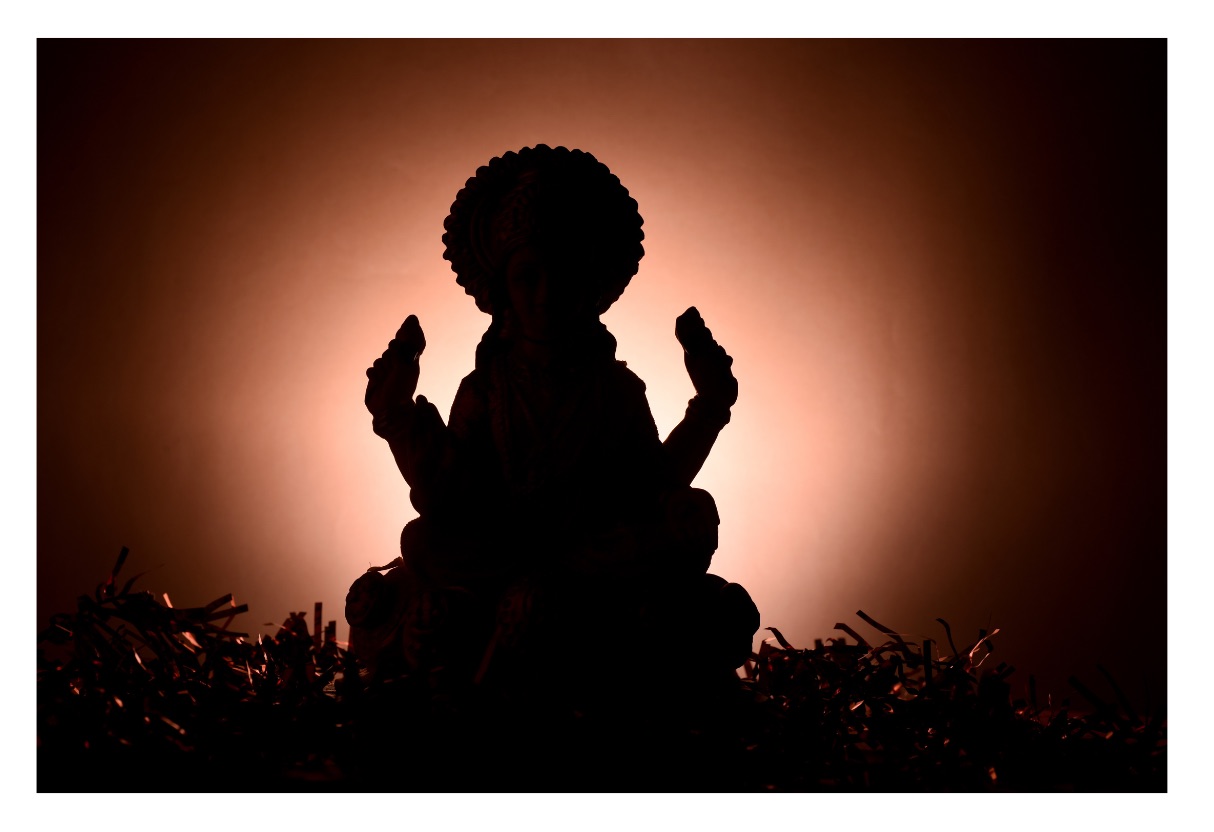Why, oh why, do Indian men continue to deify women? Why call us Lakshmi, Durga, Saraswati, or one of the numerous other goddesses and put us on a pedestal? I asked this rhetorical question at a session that classical musician Manasi Prasad and I presented at the recent Bengaluru Poetry Festival. The response to my question after the event had a sting in the tail.
Our session was called ‘Her Voice: Women’s Stories and Songs’. This creative duet was born of conversations about examining Indian classical musical legacy with a feminist perspective. Manasi conceptualised this ‘songversation,’ and it was an exchange between her, a musician and me, a writer. She sang snippets of classical songs and bhajans; we interpreted the relevance of the songs and I interspersed them with my verses and two other contemporary writers spanning different generations – Poile Sengupta and Rupi Kaur.
Interpreting the all-time favourite Meera bhajan, ‘Mere to Giridhara Gopala Dusra na Koi,’ Manasi said the composition is about many ideas: on the surface, it is bhakti and sringara – a woman’s intense longing for her love, as well as a devotee’s outpouring of spiritual ardour. As an artist, she relates to it as a song of complete dedication to one’s passion – nothing else exists. As a woman, it speaks of her father, mother, brother, and relative, and that none of them are truly hers.
My view is that mystic poets like Meera Bai, Lal Ded, Akka Mahadevi, and others used God as a metaphor to break free from society’s constraints. It was a way for them to pursue their individuality. They didn’t have to devote their lives to being a daughter, wife, and mother. They could be free women. They could roam naked, sing and dance. And no one could point a finger because they were ‘mad’ devotees.
We moved on to examine the exalted role assigned to a woman, that of a divine mother, by who else but a man. Manasi gave the example of this traditional Carnatic composition by Subbaraya Shastri, ‘Janani Ninnuvina’. An incantation to the mother goddess, the song pleads with the mother to protect the composer. Without the mother, he is nothing, he says, and seeks her compassion and blessings. It is a beautiful melodic composition, and when Manasi sings, it tugs at your heartstrings.
Viewing the song as a ‘human’ mother, she said, ‘it places a huge burden on the mother to provide sustenance, care, direction, protection not for herself but for her family, sometimes losing herself in the process. She is supposed to be all, know
I responded that the joy when a woman becomes a mother is indescribable. But there is a world of difference between parenting a young child and being put on a pedestal as the universal mother. Men light lamps for us and offer prayers, but this sacred place is also confining. We want to step down from the altar and be girls and women. We want to run on the track or run a bank or just lie down on the grass and soak in the sun or dance in a club or the rain. As I wrote in my previous column, a woman is an individual first. She has every right to prioritise personal growth alongside or even above her family responsibilities.
I won’t elaborate on all the details of our session because we will hopefully be able to repeat our act (hint, hint). Suffice it to say, the audience received it well, having patiently stayed on even though the event was running late. I was especially chuffed that apart from the sorority of sisters (including our sisters), several men of my acquaintance had made it from distant parts of the city. We felt the message was reaching the right ears.
A few of them sent us messages afterwards. But one knocked all the self-congratulation out of me. He praised Manasi’s talent and said he had attended another event where ‘she was all in white that day and looked like Goddess Saraswati.’ He and meant it as a compliment but struck a discordant note by harking about a goddess. Why couldn’t he see and accept the reality of Manasi – a modern woman in life and blood – articulate, determined, courageous?
Faced with conditioned responses, I wondered whether anything we say or do to stop the objectification/deification of women will have an impact. Just then I got this message from a friend and former colleague which energised me. He wrote, ‘I’m happy I came there. It was an education for many on what women want, what they think of men and the freedom they seek.’ – Sandhya Mendonca is an author, biographer, and publisher.

